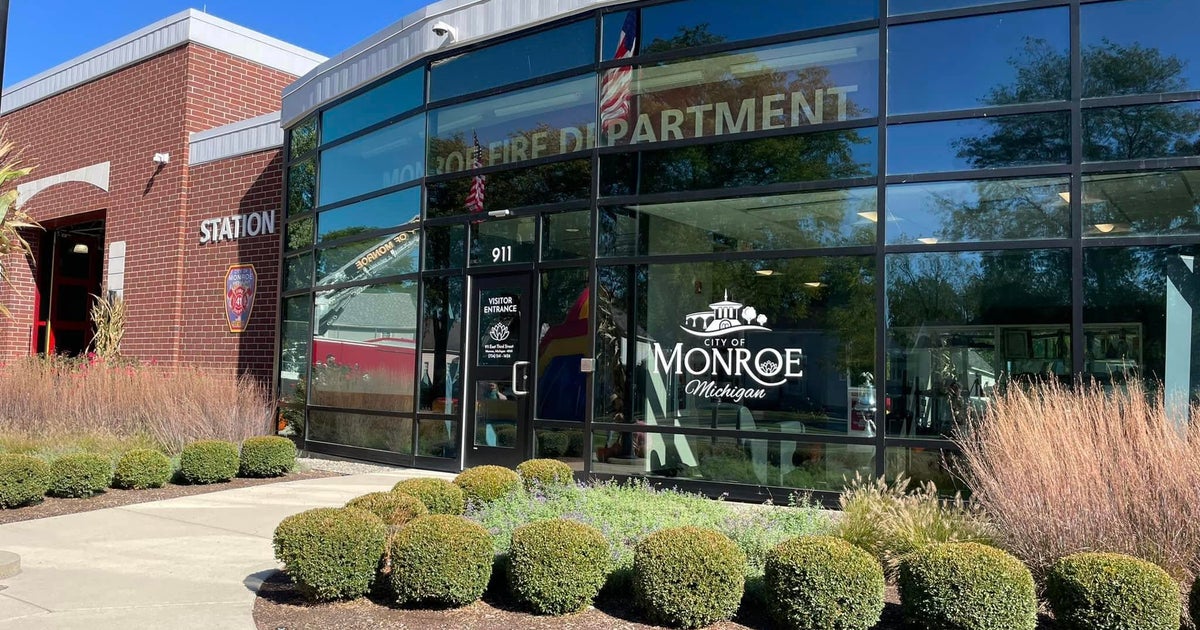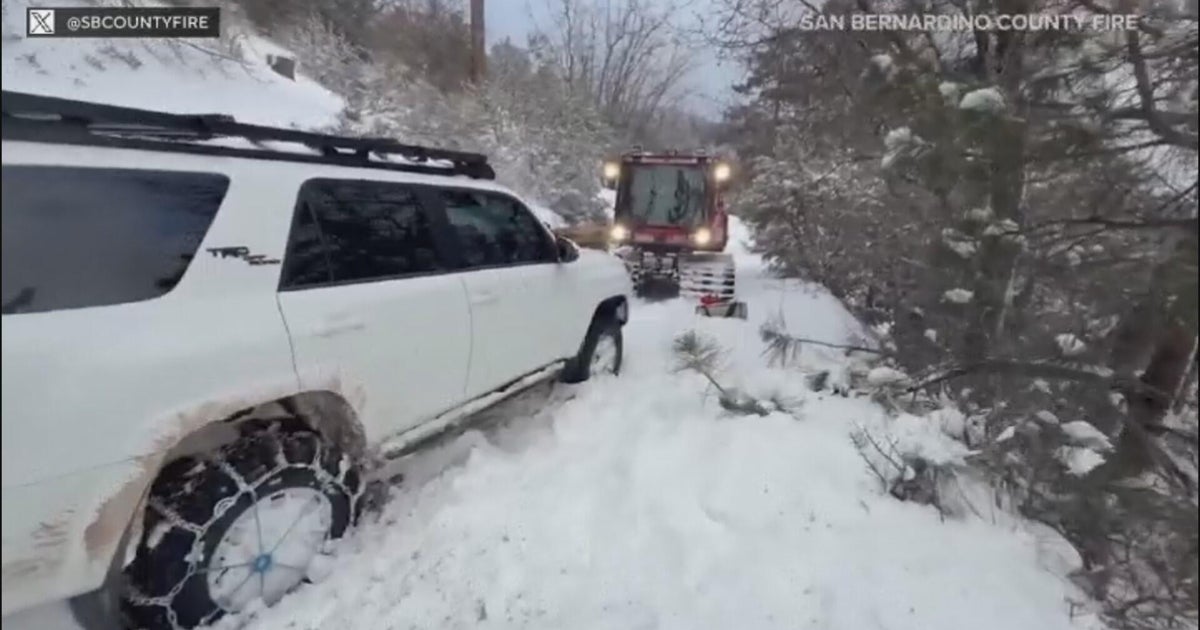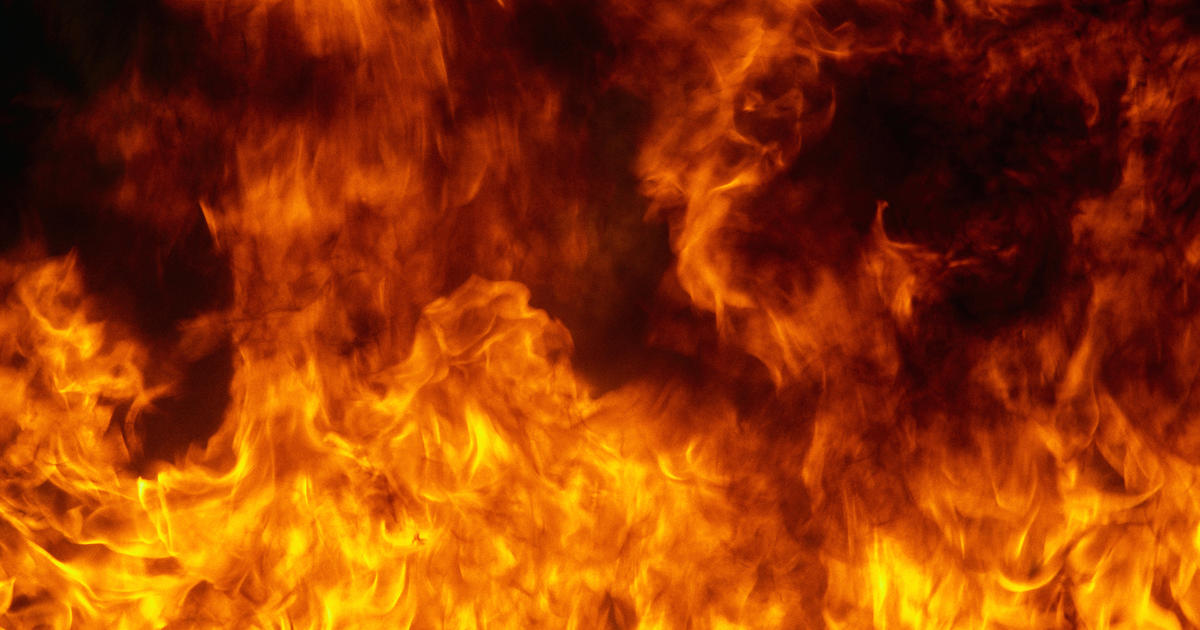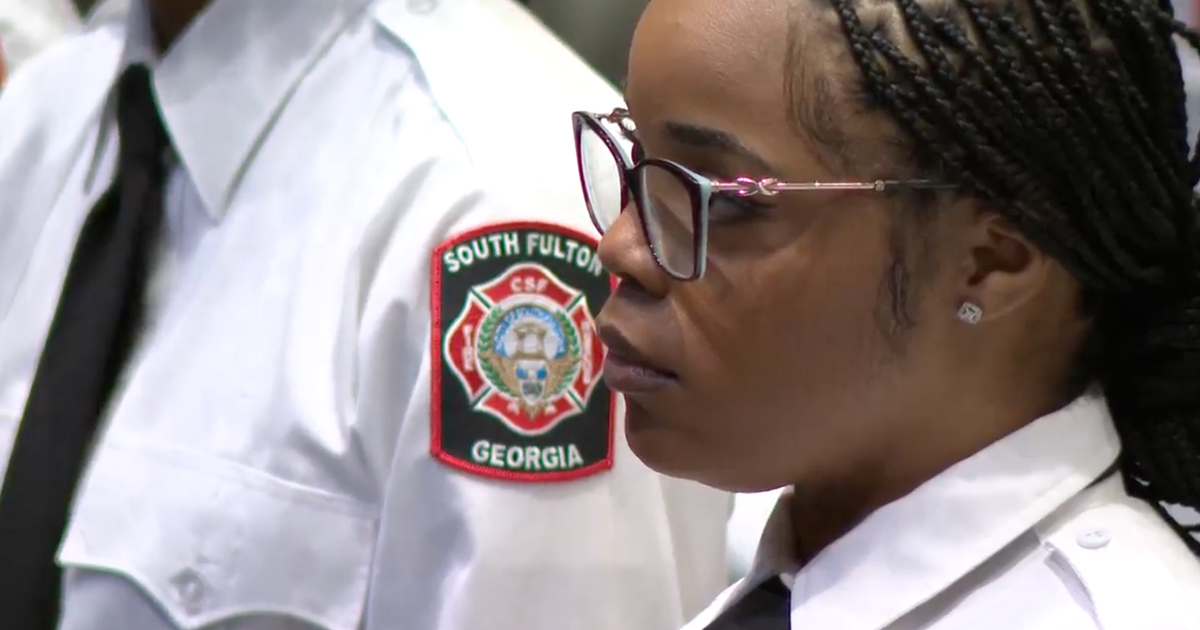Why sprinklers were not installed, or required, in Gold Coast building where blaze killed firefighter
CHICAGO (CBS) -- Could there have been more safety measures put in place to stop the Gold Coast high-rise fire in which Chicago Fire Lt. Jan Tchoryk died Wednesday?
Some tenants at the building at 1212 N. Lake Shore Dr. pointed out the lack of a fire sprinkler system. The reason the building doesn't have one has to do with the city's complicated fire code history.
Experts say firefighters can only reach about 80 feet when they're fighting a fire on the ground. The fire Wednesday morning happened on the 27th floor of the 36-story high-rise condo building.
The firefighters had to pull their equipment all the way up the stairs to that high floor after the elevators became inoperable.
Residents of the building grabbed videos of the firefighters loaded up and climbing up dozens of flights of stairs.
"They walked up with their tanks and everything," said resident Denise Kozloff. "They were sweating."
When they got to the 27th floor, there was no sprinkler system in the building to activate ahead of them. The high-rise has sprinklers only in the parking garage – not in the rest of the building, according to Chicago Fire Commissioner Annette Nance Holt.
"There's two schools of thought about it," said Christopher Chwedyk, a licensed architect and the chief building code consultant for Burnham Nationwide. "I think the majority of opinion has swung over to the side of, you know, having sprinklers."
Chwedyk says Chicago previously leaned on fire containment techniques - building structures in a way that limited the spread of smoke and flames.
But an Oct. 17, 2003, fire at the Cook County Administration Building at 69 W. Washington St. – now known as the George W. Dunne Cook County Office Building – left six people dead. They were killed after finding themselves trapped in a smoky stairwell when the doors locked behind them.
The aftermath of the 2003 fire ushered in more fire safety regulations.
An ordinance that followed in 2004 required all high-rises built before a 1975 fire ordinance to set up voice communication systems, sprinkler systems, or other suppression mechanisms, and fireproofing to protect stairwells and openings on balconies or vestibules.
The ordinance gave high-rises a choice of retrofitting for sprinklers or installing alternative safety features, such as fire-resistant stairwell doors and frames, and one- and two-way voice communication systems.
If the buildings passed the city's Life Safety Evaluation – showing there were enough fire containment protocols in place – they could avoid costly fire sprinkler system retrofits.
In February, the CBS 2 Investigators showed the limits of Chicago's sprinkler coverage.
"Unfortunately, there's a large stock - and I believe you have over 800 in Chicago - without fire sprinklers," said Shane Ray, president of the National Fire Sprinkler Association, told CBS 2 Investigator Megan Hickey in February.
Hickey's report followed a fire on Jan. 25, in which flames that broke out on the 15th floor of the south tower of the Harper Square Cooperative, at 4850 S. Lake Park Ave., in the Kenwood community. The fire climbed through the units overhead to the 24th floor.
That building, similarly built before 1975, did not have a sprinkler system.
"The quicker you can put a fire out, the safer you're going to be," Chwedyk said, "and compartmentation in the last few fires that we've seen here in Chicago hasn't worked out too well."
Retrofitting high-rise buildings with sprinkler systems is much more expensive than including them in a new build.
Chwedyk says there have been proposals in Springfield that would allow funding to help cover the price, but those proposals fizzled out.







